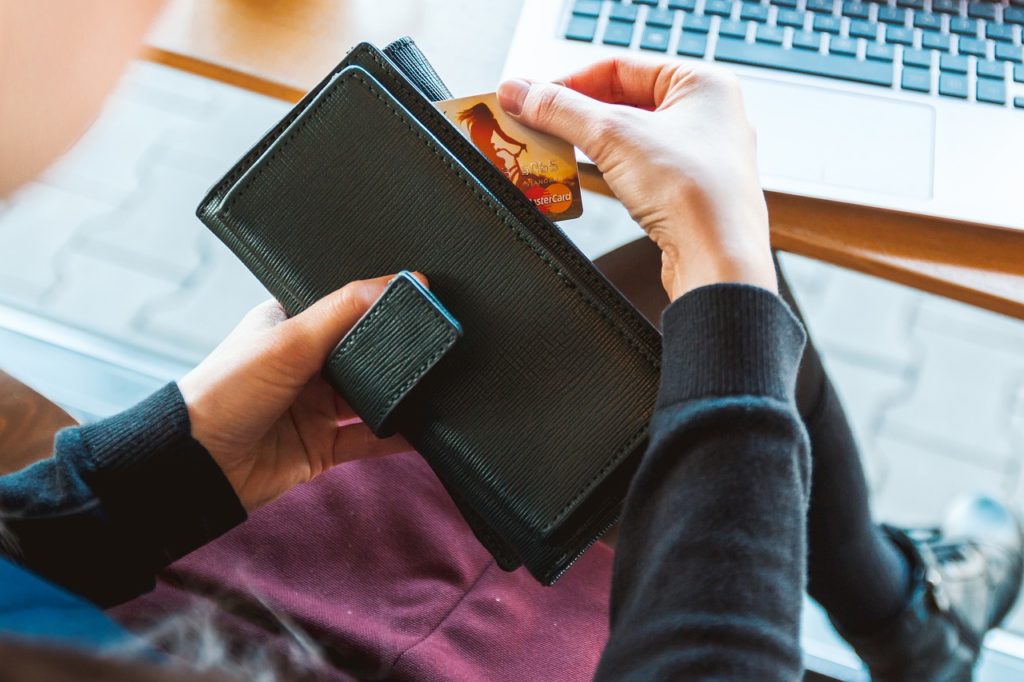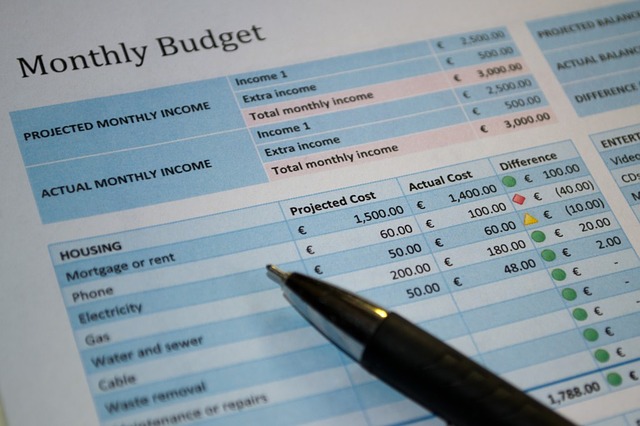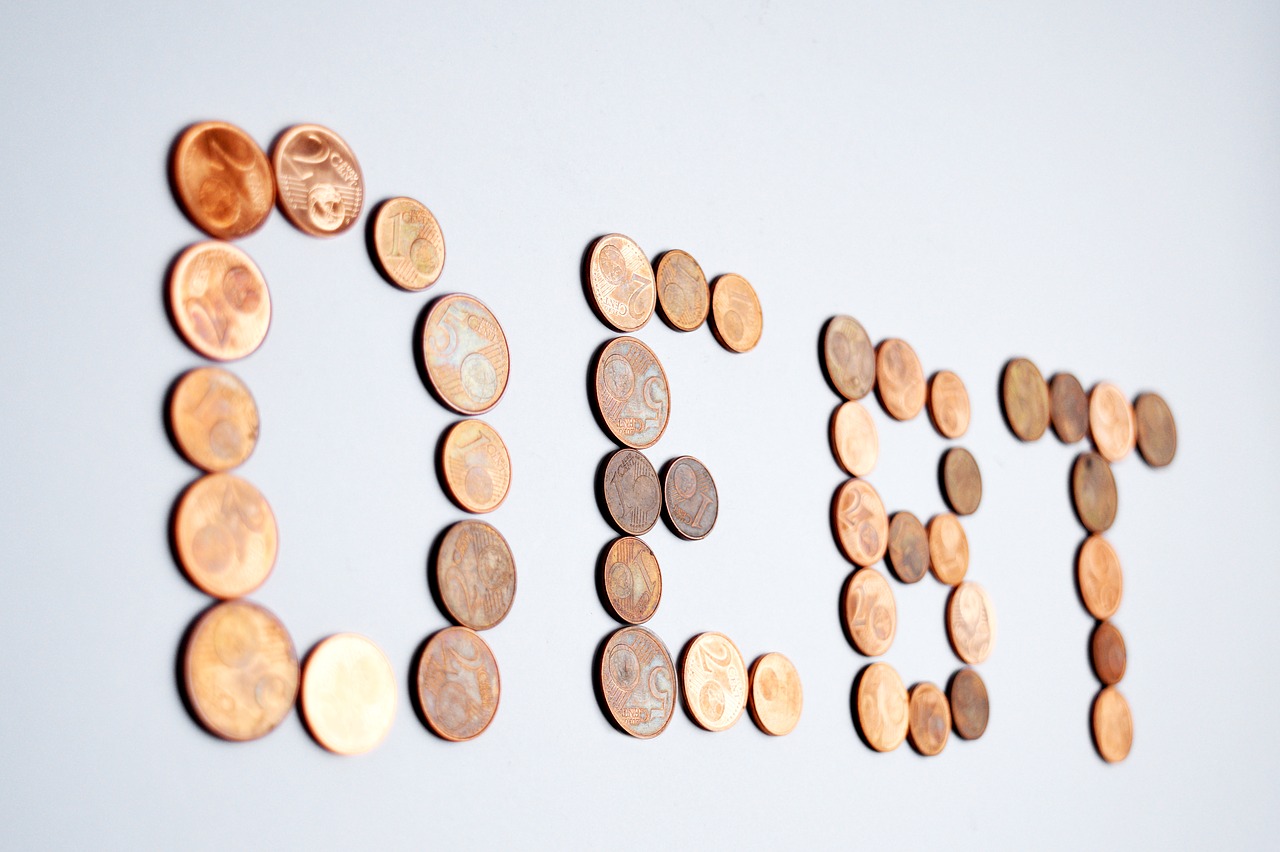People who do not create a budget often find they are at risk for spending outside of their means, particularly if they use credit cards. Paying with a credit card is only tenable for a short time, as credit cards are set with a max limit. Some individuals may try to open additional credit cards, only to hit that limit, and at that point, they will find it difficult to open more cards. (High credit utilization is a red flag for many lenders, and they will turn down applicants who appear to be abusing their credit cards.)
Then, an already rocky financial situation will become even more problematic if the person does not have a steady income or means to pay off the debt. While it may feel like few options exist at this point, there are some important tips to keep in mind when attempting to dig yourself out of credit card debt.
1. Stay current on payments
When a credit card becomes maxed out, it is critically important to continue to make payments on it regularly, even if it is just the minimum payment. Missed payments can start to snowball, and you may find yourself in collections surprisingly fast while your overall credit score plummets. This issue takes years to repair. While it can be difficult to make a payment, it should remain a top priority. Carrying large balances on cards does have an impact on your credit score, but it is temporary and improves as the balance gets paid. Missed payments, however, will ding a credit score for years.

2. Avoid a credit limit increase
People always have the right to ask for an increase in their credit limit, and most creditors will grant this request within reason, provided that customers have made payments on time consistently. However, this solution provides only temporary relief and does not address the debt that has already amassed. If the credit limit increases, it would be easier to spend even more money on the card and, as a result, make matters even worse. Instead of asking for an increase in the credit limit, you should stop using the card altogether, which eliminates the need for more credit and avoids digging a deeper hole. Cash should become the primary means of paying for anything.
3. Don’t borrow money
For some people, the solution to a maxed-out credit card may be to borrow money to eliminate that debt. However, this solution only creates more debt—and sometimes with less favorable repayment terms. Installment loans, 401(k) loans, and similar options come with hefty penalties and can end up costing you more money in the long run, even when taking the significant interest charges on credit cards into account. Instead of borrowing money, you can take cost-cutting measures in your overall expenditures to be able to make payments on your credit card debt.
4. Create a monthly budget
Unless you experienced an emergency without any money set aside for such an event, a maxed-out credit card usually means that money was spent without a budget in mind. People should view this sort of debt as a wake-up call that shows how important it is to track spending. Creating a budget does not have to be a long, complicated process. You simply need to list all of your monthly expenses and then subtract them from your monthly income, which will give you the amount of money left to spend. Ideally, you will be able to dedicate some money each month for directly paying down your credit card debt. If your monthly expenses amount to more than your monthly income, then either income needs to be increased or expenses need to be cut, as this is not a sustainable budget. Sometimes, it is necessary to get a part-time job temporarily to boost monthly income, especially when you are trying to pay down debt.

5. Don’t apply for another card
One tempting solution for credit card debt is to get another credit card. In reality, creditors will see a maxed-out account and likely reject the application. If the application does not get rejected outright, then the new card will likely carry an extremely high interest rate. Opening more credit cards is another temporary solution that ends up causing more issues in the long run. After all, another credit card means another monthly payment, which makes it even more difficult to cover total expenses.
6. Pay extra whenever possible
People in a strained financial situation may find it difficult to make their minimum payments, but it is important to pay extra on a balance whenever possible. By paying just the minimum amount, you will barely cover interest charges and the overall debt will not decrease by much. Paying extra on the card should prove a priority, even over saving money, since it will ultimately help cut down on the total amount of interest paid. If you have more than one credit card maxed out, then it makes the most sense to pay extra on a single one until it has no balance and then focus on the next one, and so on.

